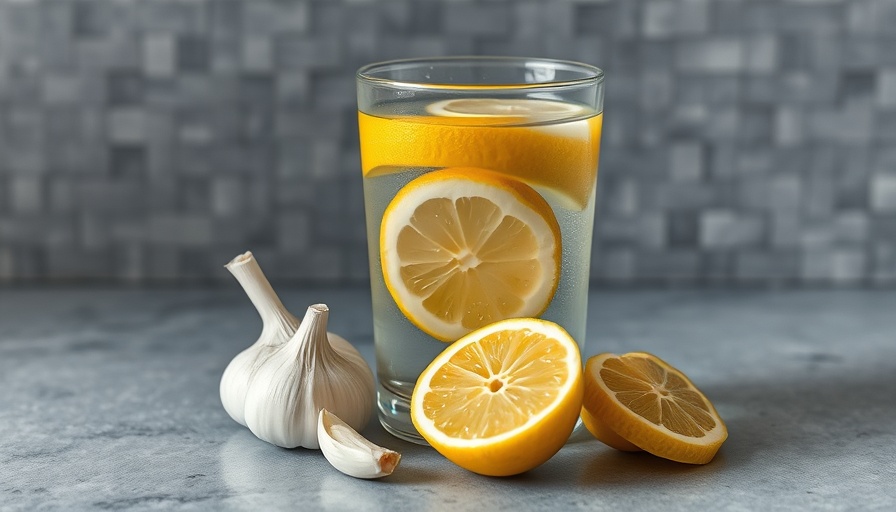
Understanding Glyphosate: What You Need to Know
Glyphosate, often recognized by its association with Roundup, has become a topic of concern as health-conscious individuals seek to understand the potential implications of its use in agriculture. This herbicide, widely used to eliminate weeds, works by disrupting a specific biochemical pathway in plants and microbes – a pathway absent in humans. On the surface, this distinction seems to imply that glyphosate should pose minimal risk to human health. However, the conversation surrounding glyphosate's safety and its potential link to cancer is far from straightforward.
In 'Glyphosate & Cancer: An honest look at the science', the discussion dives into the scientific findings surrounding glyphosate's potential cancer risks, prompting a deeper analysis of how this impacts our health choices.
The Cancer Question: What Does the Science Say?
The primary concern about glyphosate revolves around its alleged connection to cancer, particularly Non-Hodgkin Lymphoma (NHL). The debate is fueled by a mix of studies and findings. In vitro studies indicate that glyphosate, when introduced to human cells, can induce changes such as DNA damage. However, animal studies mostly report no significant links between glyphosate exposure and cancer. Discrepancies like these highlight the complexity of establishing a definitive answer.
Observational Studies: The Search for Evidence
Since randomized trials on glyphosate are complex and ethically challenging, researchers rely significantly on observational studies. Case-control studies often reveal associations between glyphosate exposure and cancer, but these findings are debated due to biases related to patient recall and disease awareness. Conversely, cohort studies provide a broader perspective by following large populations over time, but conflicting results make it challenging to reach a consensus.
Seeking Clarity Amidst Conflicting Data
When analyzing data, the IARC (International Agency for Research on Cancer) classified glyphosate as "probably carcinogenic," while several health agencies maintain that it is generally safe. This divergence prompts the question of how regulatory bodies assess risks. The discrepancy emerges partly from differing methodologies: while some organizations focus on potential theoretical risks, others evaluate real-world exposure and its consequences. This modus operandi raises a critical point: how customers interpret uncertainty and how such perceptions influence everyday choices.
Practical Tips: Navigating Nutrition and Safety
If you are a health-conscious consumer wary of glyphosate, consider these practical steps:
**Choose Organic:** Whenever possible, opt for organic produce, which restricts the use of synthetic herbicides like glyphosate.
**Wash Your Fruits and Vegetables:** Thoroughly washing produce can help reduce residues from pesticides.
**Balance Your Diet:** Focus on including a variety of fruits and vegetables in your meals, prioritizing their significant health benefits over the uncertain risks associated with glyphosate exposure.
The Bigger Picture: Emphasizing Nutritional Benefits
Ultimately, it’s essential to remember that the health benefits of consuming a diet rich in fruits and vegetables far outweigh any potential risks from glyphosate. Research consistently demonstrates the positive impacts of these foods on overall health and cancer prevention. For instance, soy, often associated with reduced cancer risk, and canola oil, linked to lower cancer mortality, should remain staples in our diet despite the glyphosate conversation.
Conclusion: Make Informed Choices
The landscape surrounding glyphosate and its potential risks is complex, filled with nuances and uncertainties. While some studies raise valid concerns, the consensus among health experts and agencies tends to favor its safety. Therefore, as we strive to make informed dietary choices, it’s crucial to resist falling into misinformation traps. Embrace a balanced and nutritious lifestyle by prioritizing fruits and vegetables to enjoy the myriad benefits they provide while remaining informed about substances like glyphosate. Stay vigilant, stay healthy, and enjoy your journey towards a more wholesome living.
 Add Row
Add Row  Add
Add 




Write A Comment